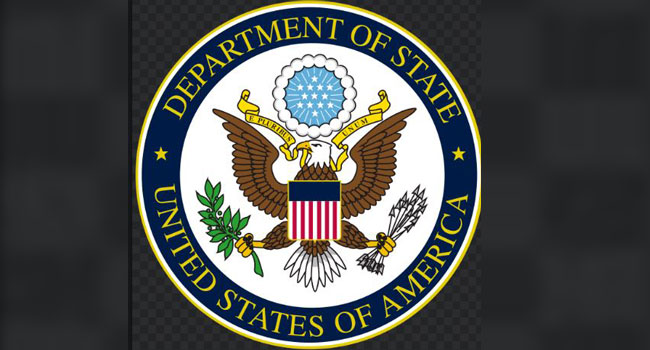A few days after the Niger Junta announced that their President Mohamed Bazoum would be tried for treason, international organisations raised some concern.
On Sunday, Niger’s putschists that toppled Mohamed Bazoum said they would “prosecute” the ousted president for “high treason” and “undermining the security” of the country.
The international community, including the United Nations, the United States, and ECOWAS, has expressed strong condemnation of Niger’s military leadership’s intention to put President Mohamed Bazoum on trial. This action is predicted to exacerbate existing tensions.
“We are incredibly dismayed by reports that President Bazoum’s unjust detention has gone even a step further,” State Department spokesman Vedant Patel told reporters.
“This action is completely unwarranted and unjustified and, candidly, it will not contribute to a peaceful resolution of this crisis,” he added.
UN spokesperson Stephane Dujarric said on Monday that an attempt by Niger’s junta to bring charges of high treason against democratically-elected President Mohamed Bazoum is “very worrying.”
“We remain extremely concerned about the state of being, the health and safety of the President and his family, and again we call for his immediate and unconditional release and his reinstatement as head of state,” Dujarric told reporters early hours of Monday. The African Union’s Security Council also had a meeting.
In their session, the AU’s Peace and Security Council received an update on the evolving situation in Niger and the ongoing efforts to address it, as conveyed through a statement posted on X, previously known as Twitter. The crucial meeting took place at the AU headquarters, situated in the Ethiopian capital, Addis Ababa.
Distinguished attendees include Moussa Faki Mahamat, the AU Commission chief, alongside representatives from Niger and the Economic Community of West African States (ECOWAS), reflecting a collective and regional commitment to seeking viable solutions to the crisis.
ECOWAS, on Monday, conveyed its astonishment upon learning about the Niger junta’s endeavour to press charges of high treason against President Mohamed Bazoum.
The move has been interpreted as a provocative action by the country’s coup leaders, diverging from their reported commitment to seeking a peaceful resolution to the ongoing crisis.
The regional bloc issued a statement denouncing this development, highlighting the contradiction between the junta’s actions and their purported willingness to engage in peaceful dialogue to address the current situation.
Meanwhile, Opposition legislators in Ghana have voiced apprehension regarding ECOWAS’ intentions to initiate military intervention in Niger with the aim of reinstating constitutional order.
These lawmakers have urged Ghana’s President, Nana Akufo-Addo, to promptly halt any ongoing preparations aimed at mobilising Ghanaian troops for deployment.
“The Ghanaian Parliament has not discussed this matter unlike other countries who have had the opportunity to debate these matters and to pass a resolution,” Samuel Okudzeto Ablakwa, a member of parliament’s foreign affairs committee told the BBC.
The country’s minority lawmakers hold the view that diplomacy and constructive dialogue should be explored.



